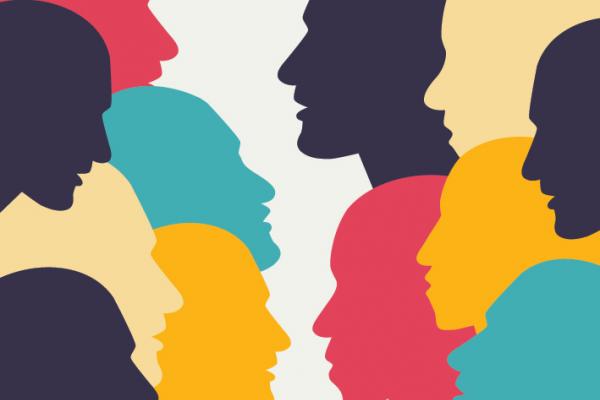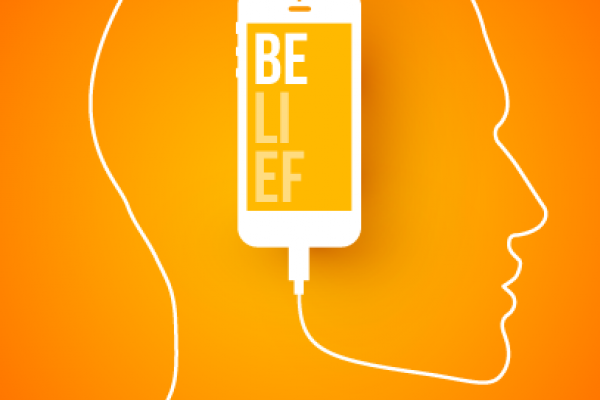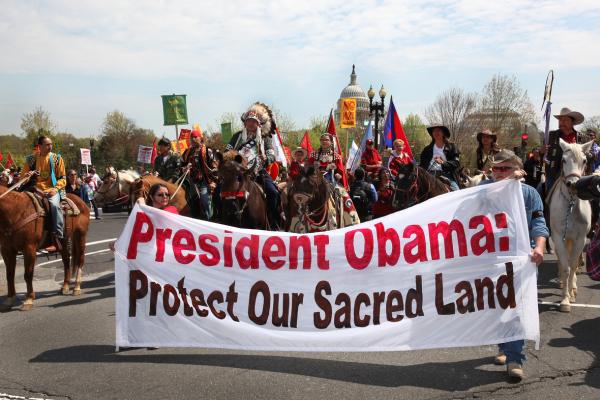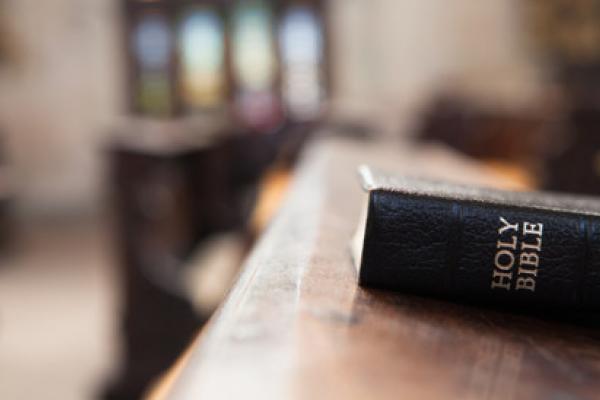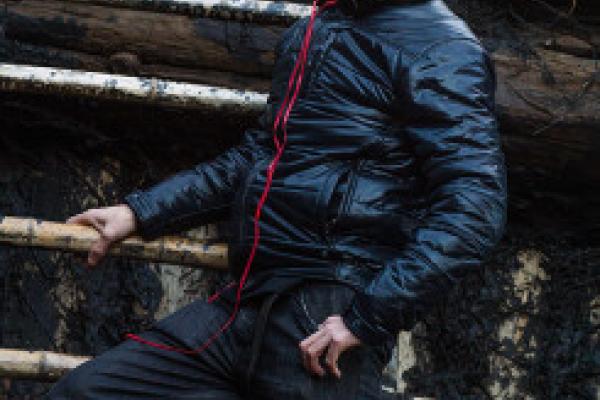An Afghan security guard allegedly shot and killed three Americans at a hospital in Kabul on Thursday. The three killed were doctors, including a visiting father and son.
Another doctor and a U.S. nurse were wounded in the attack.
District Police Chief Hafiz Khan said a guard suddenly turned his weapon on the staff he was supposed to be protecting at Cure International Hospital and started shooting.
“Five doctors had entered the compound of the hospital and were walking toward the building when the guard opened fire on them,” said Kanishka Bektash Torkystani, a spokesman for the Ministry of Health. “Three foreign doctors were killed.”
An historic event took place recently in the seaside town of Belfast, Maine. Ten people of vastly different political persuasions — Libertarians, Tea Party Republicans, Democrats, and Progressives — sat in a circle, had a civil dialogue about their hopes and fears for America, and discovered their common ground. Their experience is a model of the local dialogues we so desperately need to build bridges across the political divide.
And yes, one of the 10 is a Buddhist. Judith Simpson, a practicing Buddhist, facilitated the conversation. Judith is an organizational development consultant who has worked with the likes of Eastman Kodak and Corning. She facilitates using a group process called Dialogue. Judith now plies her skills in restorative justice. Dorothy Odell organized the event. She has worked in education as a teacher and as a member of the Belfast School Board. Both reside in Belfast.
“I’ve gotten upset with the media fanning the flames of the story that we’re a polarized nation,” said Dorothy. Judith agreed. Together, they decided to do something about it.
Like many people, I was troubled when I heard about the recent shooting outside of a Jewish community center in Overland Park, Kansas. According to several news accounts, the perpetrator — Frazier Glenn Cross — yelled, “Heil Hitler” at onlookers as he was being carried away in a police car. Cross also has a long history of anti-Semitic behavior and has publically declared a hatred of all Jews.
In addition to being troubled by this act of hatred and violence, I was also troubled by the quick response of CNN Belief Blog Co-Editor, Daniel Burke, who made it a point to emphasize that Frazier was not a Christian but rather allegedly an adherent of Odinism, a “neo-pagan” religion which, according to Burke, “has emerged as one the most vicious strains in the white supremacist movement.”
While the annals of Christian history — ancient and modern — are full of accounts of violence perpetrated in the name of Christianity, my objective here is neither to defend Odinism nor to criticize Christianity. Instead, I want to highlight the socially constructed nature of beliefs and beliefs systems and emphasize how these socially constructed beliefs say far more about us than they do about the “gods” we claim to accept or reject.
This Holy Week, I realized God's hope in a place other than church.
Proclaiming that the tomb is empty – that Jesus has risen from the grave – is the most powerful witness any Christian can offer. But if our Easter celebration stops at proclamation then we’ve shortchanged the world of the hope and joy it sorely needs. The resurrection must also be about embodiment. It should change the way we live and move and have our being. Easter should transform and strengthen us to participate in God’s reconciling work in the world.
That’s why I chose to spend this Easter worshipping in a very different way and in a very different place. There was no midnight watch service or large family dinner, but there were countless moments of hope and an abiding trust in the possibility of new life.
Editor's Note: Today’s #EarthWeek action: Join us for a prayer conference call at 2:30 pm Eastern Time as we hear from the evangelicals standing against the Keystone XL pipeline, and pray a blessing over them and their work. Click here to RSVP.
Maybe I’m a near-sighted, Bible-thumping holy roller, but I can’t see angel wings flapping on oil executives. No doubt some are community pillars. They’re Little League umpires, tithers, and PTA volunteers. They’ve got lovely houses and manicured lawns.
But they’re also flawed like the rest of us, and their professional bias screens out the obvious: The proposed Keystone XL Oil Pipeline would do little good and could wreak enormous harm. I’m compelled to halt my timid thy-will-be-done prayers and join a band of evangelicals boldly pleading for the permit’s denial. We’ve even launched a Facebook page, called “Pray No KXL.”
The Bible encourages the “repression of women,” and it’s silent on such fraught topics as war or slavery.
The American Bible Society’s annual “State of the Bible” survey reveals “the people of the book are not people of this book,” said Geof Morin, chief communication officer for the society.
“We know 88 percent of people say they have a Bible. They think: ‘I have a Bible. I have had one for a long time. I must know what’s in it.’ But people overestimate their knowledge,” Morin said.
Director Darren Aronofsky says he is not religious, and that his Russell Crowe blockbuster movie “Noah” is the “least-biblical biblical film ever made.”
But the strong environmental message of his film — which makes Noah a hero as a God-inspired steward of the earth — firmly roots itself in Scripture, Aronofsky told an audience of religious environmentalists on Wednesday. Many of them hope the message of the movie, which has grossed more than $300 million since its release on March 28, spurs more people of faith to work against climate change.
In “Noah,” Aronofsky said, he hoped to capture the beauty of creation, and to dramatize God’s dramatic decision to destroy it because of human sin. Noah, he said, “is saving the animals. He is not looking for innocent [human] babies. It’s about saving the animals.”
